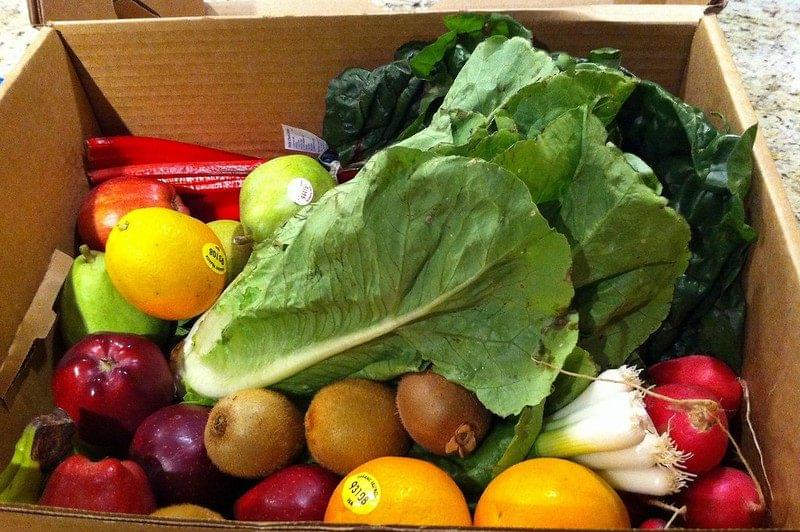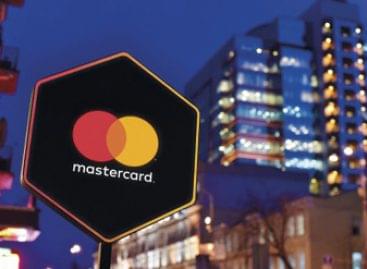Digital food retailing is growing in Germany
Just under half of their customers have used home-delivery services to receive food at home since the pandemic. According to GfK, new fast-food business models are also driving changes in consumer behaviour and expectations.

27% of Germans have already ordered groceries with online home delivery, according to a GfK survey commissioned by Mastercard. Eight out of ten consumers who ordered their groceries for the first time during the pandemic still use and insist on the service. However, slightly more than one in five are less likely to order groceries now than at the height of the pandemic and only around 12 per cent have cancelled their grocery delivery apps and shop offline only.
More than one-third (34 per cent) of those who avail themselves of online grocery offers order online at least once a week, while one in five (21 percent) order online more frequently. Most users (29 per cent) spend EUR 51-75, but 14 per cent spend more than EUR 100 per online order. Online grocery delivery is particularly popular in large cities such as Berlin (46 per cent) and among families with children (36 per cent).
“A GfK tanulmánya azt mutatja, hogy az élelmiszer-házhozszállítási szolgáltatások egyre népszerűbbek” – mondta Dr. Peter Robejsek, a Mastercard németországi igazgatója. “Ugyanakkor a fiatal, innovatív, gyorskereskedelmi startupok hatással vannak az ügyfelek szállítás gyorsaságával kapcsolatos elvárásainak alakulására is.”
“GfK’s study shows that online grocery delivery services are becoming increasingly popular,” Dr. Peter Robejsek, Director of Mastercard Germany said. “At the same time, young, innovative, fast-food start-ups are having an impact on customers’ expectations of speed of delivery.”
Home delivery service providers such as Gorillas or Flink promise home delivery within minutes. According to the survey, 6 per cent of users want to receive their groceries within 15 minutes and this share accounts for 15 per cent in the younger generation aged 18-29 years. A further 16 per cent expect to receive their food within 30 minutes after placing an order online. Around 31 per cent said that they find the ability to plan the delivery time more important than the speed of delivery.
Related news
Vegan barbecues will cost more in Germany this year
In Germany the price of vegan grilling products grew by…
Read more >German retail sales growth slowed more than expected in May
Retail sales in Germany slowed more than analysts had expected…
Read more >Experts: education is the most effective defense against cybercriminals
Education is the most effective defense against cybercriminals, because no…
Read more >Related news
Temu has already targeted the European food market
The Chinese-rooted Temu is posing an increasingly serious threat to…
Read more >Irrigation water resources equivalent to one-third of Lake Balaton are available
Despite the extraordinary drought and lack of precipitation, we can…
Read more >Free irrigation water provided to farmers is a key element in the fight against drought
Free irrigation water provided to farmers is a key element…
Read more >






